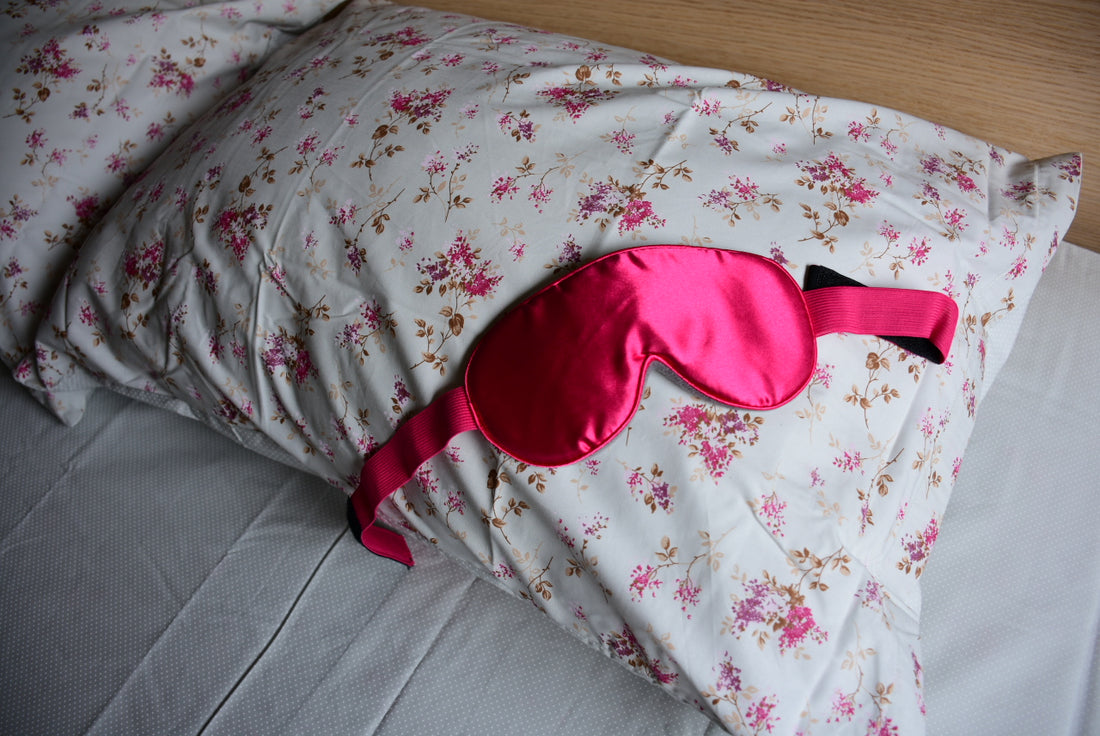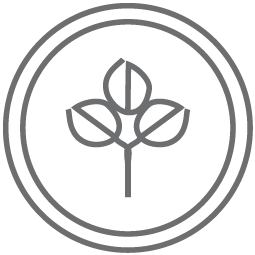
THE KEYS TO SLEEP AND GOOD SLEEP
Share

Science has not yet elucidated everything related to human sleep and its alterations, knowing that the factors that can disturb it range from psychiatric, hormonal, physical, genetic or even pharmaceutical...
How sleeping and dreaming affect our health
Basically, there are four levels of sleep, but two of them are restorative:
- Deep sleep
- REM stands for Rapid Eye Movement, which is dreaming while sleeping.
With the levels of stress and urgency that we deal with these days, people tend to think that the less time they spend sleeping, the less time they lose to do everything that their work or lifestyle imposes on them.
For Dr. Rubin Naiman, a clinical psychologist and adjunct professor of medicine at the University of Arizona's Center for Integrative Medicine, directed by Dr. Andrew Weil, people who are tired or sleepy have difficulty making progress and identifying or healing emotional issues.
Furthermore, data collected in several countries indicate that people are content with 7 or fewer hours of sleep, but Dr. Naiman explains that
“Sleep debt accumulates. For example, if a person loses an hour of sleep each night and sleeps an average of 7 hours, after a week they will have lost an entire night of sleep.”
This manifests itself in underperformance in any routine activity. So we all need sleep.
The ideal amount of sleep varies from person to person, depending on their health, pregnancy, climatic conditions, hormones, physical activity and stress management. But if you want to get an idea of how much sleep is necessary for you specifically, just pay attention to your performance during the day: if your energy is constant and rhythmic, it is likely that you are sleeping the right number of hours and of good quality.
Dream
Most REM or dreaming while sleeping occurs during the last third of the night.
Dreaming is essential. When we are aware of our dreams and remember them, we can resolve situations we are currently experiencing, reflect on our lives and even heal in various aspects.
In a Native American retelling (Earthway, Mary Summer Rain), an indigenous grandmother teaches her student that if she wants to remember her dreams, she should drink water before going to bed. This technique will allow her to get up during the night to go to the bathroom, at which point she will be in the middle of her dreams, become aware of what she is dreaming about, and can also connect with the next dream when she goes back to bed and remember it in the morning.
Dreams are often scenes from situations or moments that have been experienced during the day or in the previous days. Sometimes they point to specific themes in situations that are having an impact on the psyche and other times they are information that is revealed to us. But once again, it depends on many factors, including what meaning an object, animal, person or circumstance has in our life.
According to Dr. Naiman, if one does not dream well (if one is not at least aware that one has dreamed or remembers at least a fragment of a dream), this has a negative impact on memory. In a deeper sense, it is as if one has not grown psychologically, as if one has stopped the process of building oneself.
What happens when sleep is disturbed
It was explained above that after a bad night's sleep, activities the next day do not develop optimally. However, there are those who weigh rest vs. productivity. In reality, after a good night's sleep, attention levels, alertness and productivity improve significantly.
Melatonin
Also known as N-acetyl-5-methoxy-tryptamine, it is a hormone produced in the pineal gland in animals and regulates sleep and wakefulness. It is also produced in plants, its primary function being to counteract oxidative stress.
According to Dr. Joseph Mercola, the best way to optimize melatonin production is to get sun exposure in the morning and reduce the amount of light as night falls. Melatonin levels are low during the day and gradually increase during the night, peaking after the second or third hour of sleep—when you're dreaming.
In addition to making us sleepy, melatonin has powerful anti-inflammatory and anti-cancer benefits. It is a vasodilator, opening peripheral blood vessels, allowing the body to dissipate energy and heat during the night. The rest of the energy is diverted to maintaining and functioning the immune system.
Melatonin production is suppressed when exposed to light at night, with consequences that go beyond insomnia. When a person is exposed to the blue wavelength of light, the brain receives the signal that it is daytime, suppressing melatonin production. Televisions, computers, iPads and phones all emit blue light (3).
Sleep apnea
It is a common disorder in which breathing stops or becomes very shallow. These interruptions can last from seconds to minutes and can occur more than 30 times an hour. The most common type is obstructive sleep apnea, which causes the airway to collapse or become blocked during sleep. Breathing then returns in a snort or snore. These people often snore very loudly, although not everyone who snores has apnea.
People at higher risk for apnea are overweight men, with a family history or small airways, as well as children with swollen tonsils and adenoids (4).
Less sleep leads to higher caloric consumption during waking hours
After a short night of sleep, whether due to work, insomnia or another circumstance, the body automatically tends to compensate for this imbalance by asking for food to have enough energy throughout the day.
Similarly, eating close to bedtime obstructs the functioning of mitochondria, accelerating the process of cellular damage and contributing to DNA mutations (5).

Sleeping naked?
- Canadian naturopathic doctor Natasha Turner says on her blog that when you sleep naked next to your partner, your body releases the hormone Oxytocin, which has a pleasurable effect.
This occurs with skin-to-skin contact and can help relieve stress and depression. Oxytocin can also be thanked for lowering blood pressure, thereby improving intestinal motility and attenuating intestinal inflammation.
- Sleeping naked helps regulate body temperature (helping the body not to overheat and wake up sweating in the middle of the night). Sleeping at less than 21ºC enables rejuvenating hormones and melatonin to properly regulate sleep-wake cycles, and thus achieve restful sleep.
- Feeling of freedom and happiness.
- It allows the body to breathe, especially the parts that are covered all day long, such as feet, armpits and private areas. The consequence is that it reduces the risk of acquiring skin diseases, vaginal infections and athlete's foot.
- Improves circulation.
- Some people insist that sleeping naked forces us to be more active. Compared to coming home and dressing up until we go out the next day, or spending the whole weekend at home, which promotes a sedentary lifestyle. On the other hand, getting up and getting dressed at once has a psychological connotation of readiness for activity.
10 rules for a good night's sleep
- Exercise
- Avoid heavy meals at night (try to have your last meal 4 hours before bedtime)
- Stimulate the vegetative system. To do this, take a Scottish shower (alternate cold water with hot water)
- Avoid coffee, tea and other stimulant drinks in the evening or close to bedtime.
- Turn your bedroom into a sanctuary of peace and serenity, keeping it absolutely dark at night so that nothing disturbs your sleep. Try to keep electronic devices plugged in or charging in another room.
- Try to go to bed and get up at the same time
- In case of insomnia, it is better to get up or read than to stay tossing and turning in bed.
- In the dark, try to keep your eyes open as much as possible. (It may not seem like it, but it is a difficult exercise.)
- Do not take sleeping pills unless absolutely necessary.
- If you are not sleeping well, avoid naps
References
- Schmid, Andreas W. Ô Morphée, Les mystères du sommeil. Cooperation, No. 33 August 14, 2017
- Mercola Take Control of your Health. The importance of sleep and the Hazards of sleep deprivation. mercola.com July 13, 2014
- Ibid 2
- Sleep apnea. US National Library of Medicine http://medlineplus.gov/spanish/sleepapnea.html. Topic reviewed May 16, 2017
- Mercola Take control of your Health. The many reasons why you need sleep. mercola.com October 15, 2015
